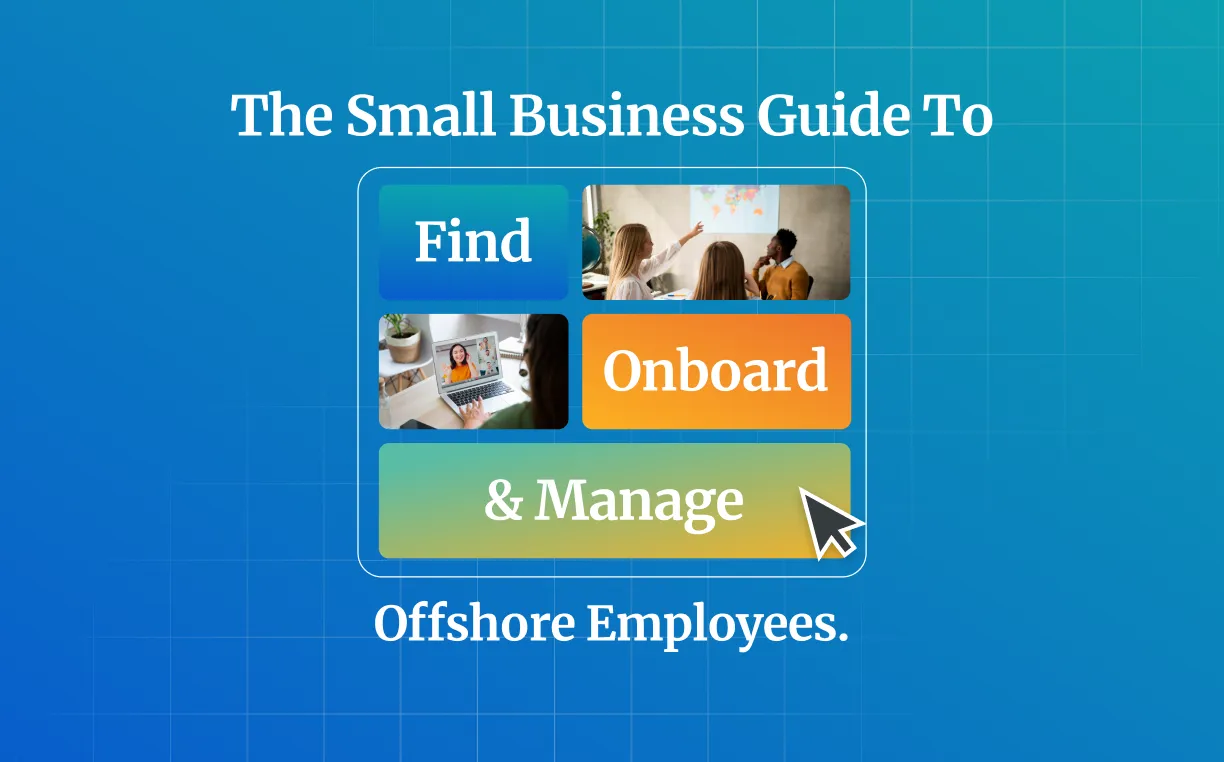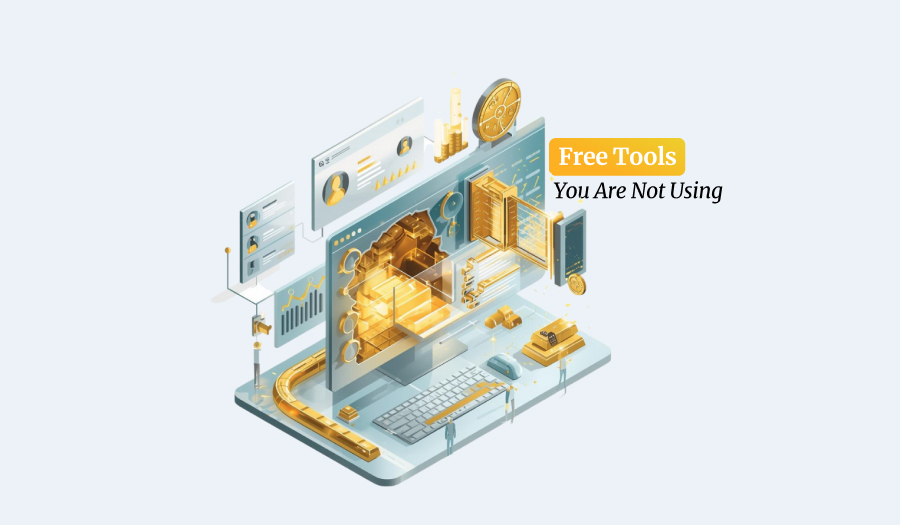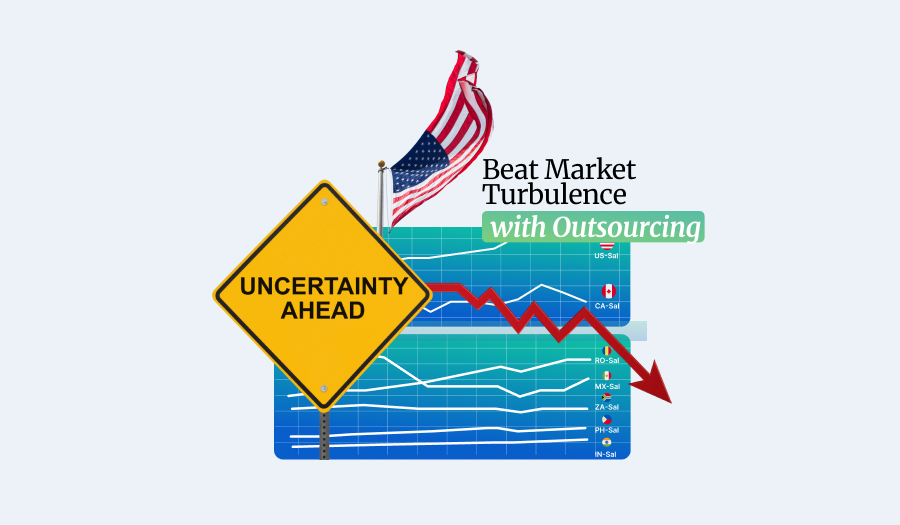Tariffs and Back-Office Employees
Key Takeaways:
- Tariffs increase costs and inflation, impacting both businesses and consumers.
- Back-office employees are essential for operations, even if they don’t directly generate revenue.
- Payroll is a major expense, making back-office roles tempting targets for cost cuts during economic pressure.
- Eliminating back-office staff can hurt long-term performance, as accounting, IT, and data analysis remain critical.
- Offshore labor provides a cost-effective solution, allowing companies to maintain full back-office and front-office teams.
- Businesses can save 60–80% on labor costs by leveraging offshore employees without sacrificing operational efficiency.
Trump’s tariffs are already having deleterious effects on the American economy, and no one is immune. All businesses have either been hit, or are about to be hit. The question isn’t “if” but “when”. No matter what, every aspect of a business is going to be affected by Trump’s tariffs, and everyone must adjust.
Adjusting to Trump’s tariffs doesn’t simply mean that businesses are going to have to find new suppliers or potentially raise prices - businesses struggling under the effects of Trump’s poor economic decisions are going to have to face serious questions about staffing, and not just those about the forward-facing components of a business. Businesses are going to have to figure out ways to manage the impact of these tariffs on every position within their organizations’, including back-office employees like data entry and analysis, accounting and bookkeeping, and IT/tech support.
A crushing wave of new problems is going to suffocate American businesses, but solutions exist. By switching to offshore employees, American businesses can steel themselves against the worst of Trump’s tariffs, including their damaging effects against back-office employees.
Tariffs and Their Effects on Back-Office Employees
Tariffs have damaging effects on almost every aspect of the economy. By artificially raising the cost of imports, they drive up demand – and prices – for domestic goods as well, effectively inflating prices across the board. The resulting inflation reduces the purchasing power of both businesses and their customers. To keep pace, businesses must raise their prices and reduce their expenses, both of which may bode poorly for them in the long run. By artificially inflating prices Tariffs fuel inflation, shrink consumer spending, and put unnecessary strain on businesses and households alike.
In the face of rising inflation and to avoid having to rachet up prices, a business’s first impulse might be to reduce expenses. Payroll can make up nearly 70% of a business’s expenses – a massive burden that’s ripe for reduction. Back-office employees are a tempting target. Their position in the “back-office” directly implies that they are not involved with customer engagement and that they don’t directly generate revenue.
Back-office employees don’t directly bring in revenue – so why keep them on when faced with the inevitable swamp of tariff induced inflation? Why keep on employees like accountants and bookkeepers, data analysts, and IT professionals who aren’t directly bringing money into the company?
The truth is that even in the most desperate times, businesses need back-office employees to function. Rising inflation isn’t going to change the nuances and challenges of bookkeeping and accounting. Computers are still going to breakdown and they are going to need fixing even if prices rise. Data analysis is always going to be the best way to make the right decisions that create the most profit, and give a business a fighting chance through darker times.
The vitality of both forward-facing and more direct revenue generating employees and back-office employees is indisputable, and there in lies the dilemma. Both are necessary for a business to thrive, and it may very well be in the best interest of a business, even one faced with the devastating effects of tariffs, to not let go of either.
So where is a business left to go?
Offshore labor can offer the best of both worlds for any business.
Offshore Labor Offers the Best of Both Worlds
Offshore labor can offer businesses both the ability to reduce expense while also maintaining a healthy back-office staff to manage all of their needs.
By switching to offshore labor, businesses can experience cost savings of anywhere from 60% to 80%. Any back-office employee including accountants and bookkeepers, data entry and analysts, virtual assistants, and tech support can be found offshore for less. Businesses can even replace their customer facing/revenue generating employees with lower cost offshore ones. Sales and customer support can all be managed offshore for less.
By using offshore labor, businesses don’t have to choose between back-office or front-office employees in tough times, like the tough times these tariffs are guiding us towards. Businesses can continue using a full staff, and even expand their workforce by relying on lower cost offshore employees.
The vital back-office employees a business needs to keep going, even during the toughest of times, can be saved by using offshore labor.
Conclusion
Tariffs are bad for the economy, and Trump is set down an immensely destructive path. The economy is not likely to fare well in the coming years, and businesses are going to have to adjust. Many businesses respond to the inevitable inflation induced by tariffs by reducing expenses, and employees make up a large part of any business’s expenditures. Businesses may be forced to choose between employees who are more directly involved in revenue generation and back-office staff, but offshore labor offers an alternative. By using offshore labor, a business can still reduce its expenses without having to sacrifice its back-office staff.






